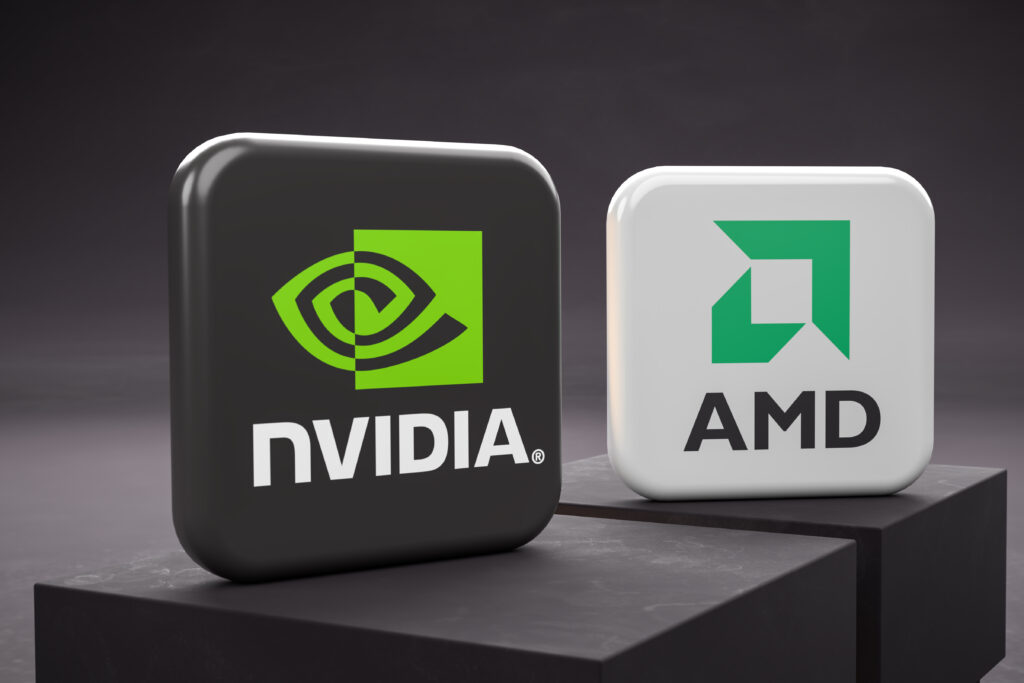
The rapid evolution of artificial intelligence (AI) is reshaping industries across the globe, driving unprecedented demand for hardware that can keep up with the increasingly complex algorithms powering these innovations. Traditional processors, such as CPUs and GPUs, which have dominated computing for decades, are now struggling to meet the unique demands of AI workloads. This has given rise to a new class of semiconductor startups focused on designing AI-specific chips, commonly referred to as “AI accelerators” or “custom silicon.”
These chips are purpose-built to handle the massive parallel processing and data throughput required by AI applications, offering significant advantages in terms of speed, energy efficiency, and performance. The burgeoning field of AI accelerators is seen as a key enabler of next-generation technologies like autonomous vehicles, advanced robotics, real-time analytics, and personalized medicine.
Venture capitalists have taken notice, pouring billions into startups that are at the forefront of this technological revolution. Companies like Cerebras Systems, known for its wafer-scale engine, and Graphcore, which developed the Intelligence Processing Unit (IPU), are attracting large rounds of funding. SambaNova Systems, another key player, recently achieved unicorn status after raising hundreds of millions in a single round, underscoring the high level of investor confidence in this sector.
The competition among these startups is fierce, but the stakes are even higher for established tech giants like NVIDIA, Intel, and AMD, who have dominated the chip market for years. These companies are not sitting idly by; they are aggressively investing in their own AI chip designs to protect and expand their market share. NVIDIA, for example, has become a leader in AI with its GPUs, but it is also developing new architectures specifically tailored for AI and machine learning tasks.

Meanwhile, Intel has made strategic acquisitions to bolster its AI capabilities, including the purchase of Habana Labs, an Israeli startup specializing in AI accelerators. AMD, known for its high-performance CPUs and GPUs, is also making significant strides in AI, leveraging its expertise to develop chips that can compete in this rapidly growing market.
The implications of this trend are far-reaching. AI-powered chips are not just about improving current technologies; they are about enabling entirely new capabilities. For example, in healthcare, these chips could be used to process and analyze vast amounts of medical data in real-time, leading to faster and more accurate diagnoses. In finance, they could revolutionize trading algorithms and risk management systems, offering unparalleled speed and precision.
As the demand for AI continues to grow, so too will the need for specialized hardware to support it. This has turned the development of AI accelerators into one of the hottest areas of tech investment. Investors are betting big on the companies that can deliver the most advanced, efficient, and scalable solutions, with the understanding that the winners in this space will likely shape the future of computing for years to come.
In summary, the race to develop AI-specific chips is heating up, with startups leading the charge and attracting massive investments. However, the established giants of the semiconductor industry are also heavily involved, setting the stage for a high-stakes battle that could determine the future of AI technology.





